News
-
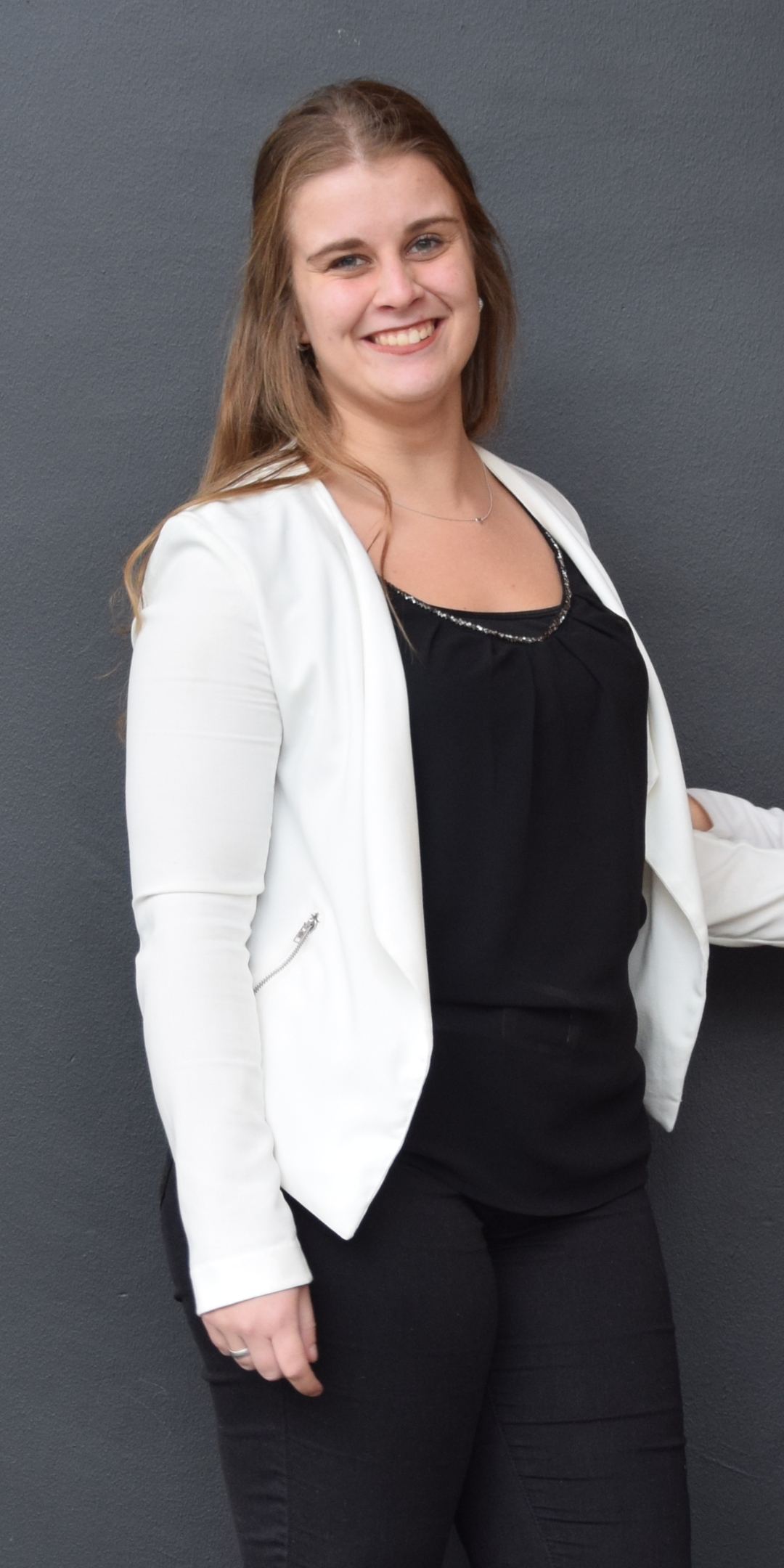
Linsay Ketelings, a PhD candidate at UM’s Food Claims Centre Venlo, researches how marketing affects consumers’ perception of meat replacement products – with rather encouraging results.
-

The beginning of the new academic year at Maastricht University (UM) also marks the introduction of the new UM Sexual Safety Programme. Information, classes, and training events will be offered in a variety of different formats and on multiple occasions with the aim of increasing sexual safety among students and promoting discussion of the topic.
-
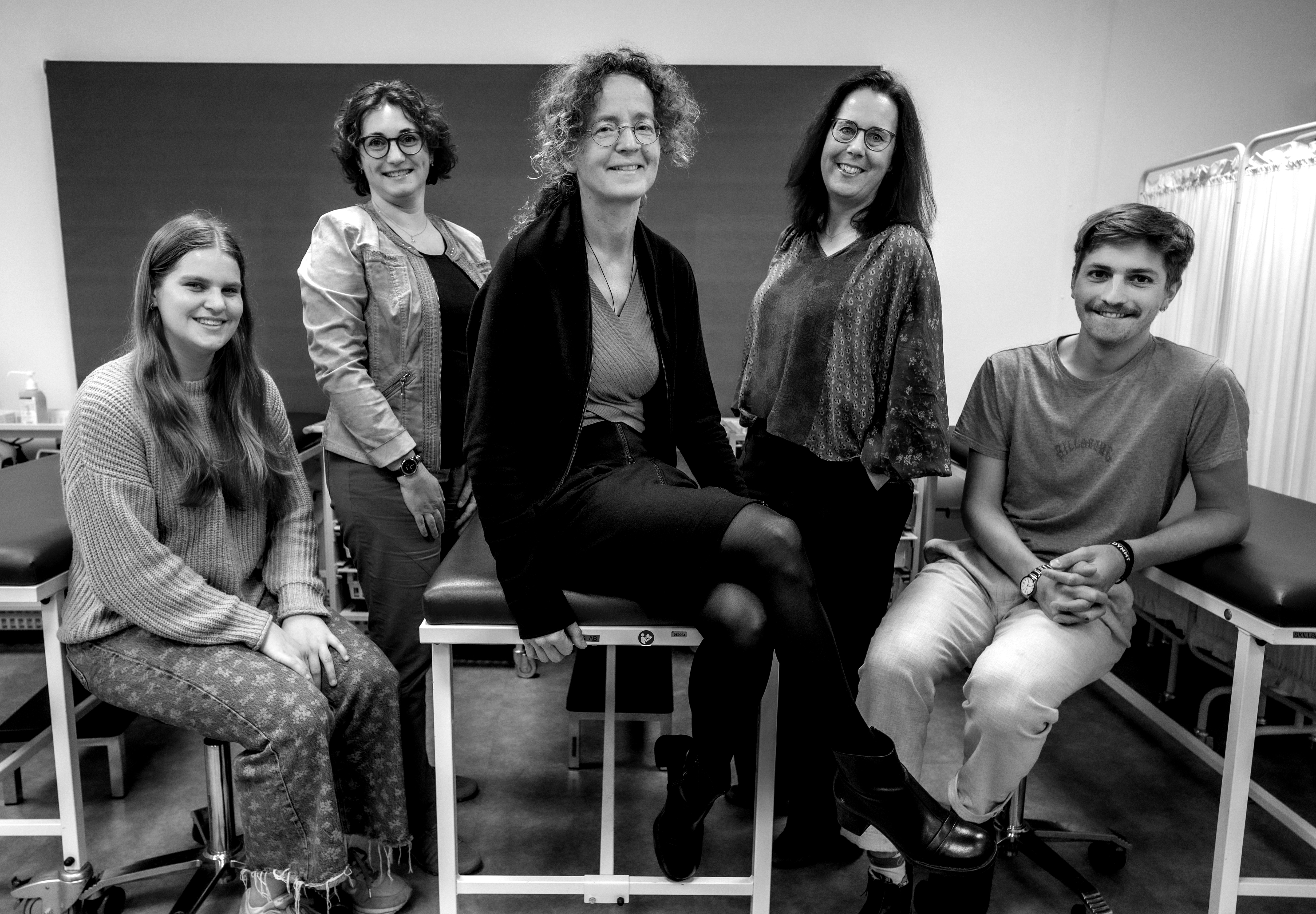
The bachelor’s programme in Medicine at Maastricht University is undergoing a major overhaul. Not only will its curriculum be brought into line with the latest societal and medical developments, but its teaching method will also change. The students who started the English track of the Bachelor of Medicine last year were the first to be introduced to the new system. The Dutch-language programme will follow later, explains programme coordinator Sylvia Heeneman.
-
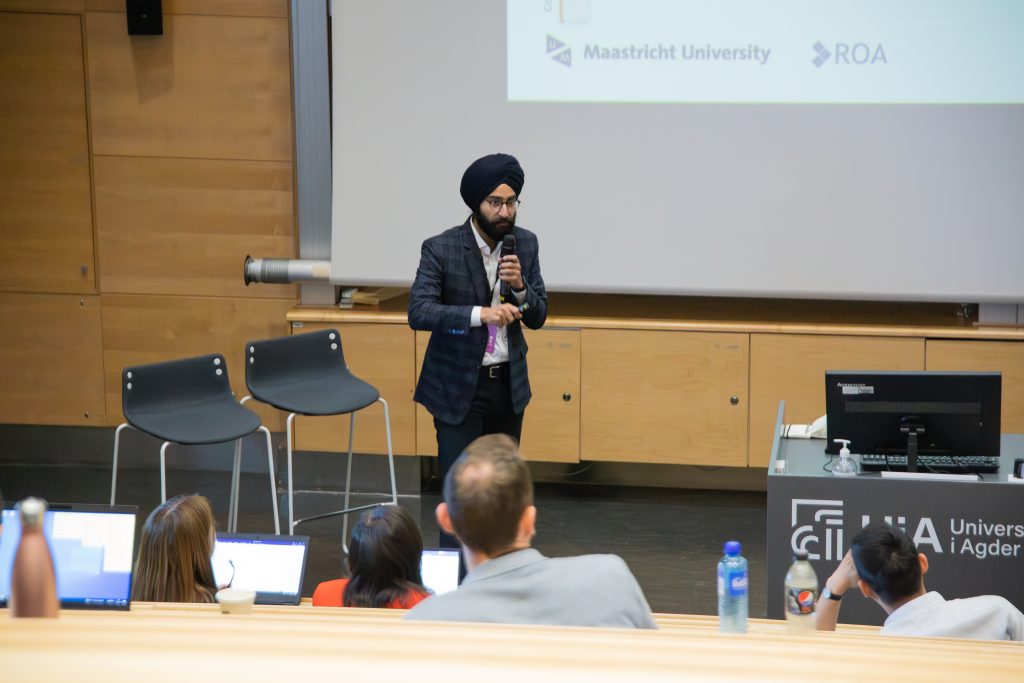
"Destructive Criticism…is certainly the most helpful criticism", words of 20th century figurative painter Francis Bacon that symbolize the creative process in academic work. These words buttress my experience of presenting my work at the University of Agder, Norway.
-
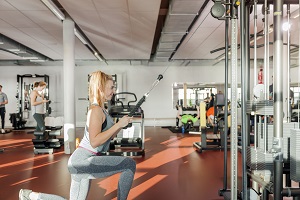
And how can it be counteracted? According to Luc van Loon, you can become a bodybuilder even after age 80. 'But the disadvantage of our dynamic muscles is that you also lose them quickly when you start using them less. Maintaining muscles is an active process. You have to keep stimulating them.' NUTRIM professor Luc van Loon in Volkskrant in “BETTER LIFE”
-
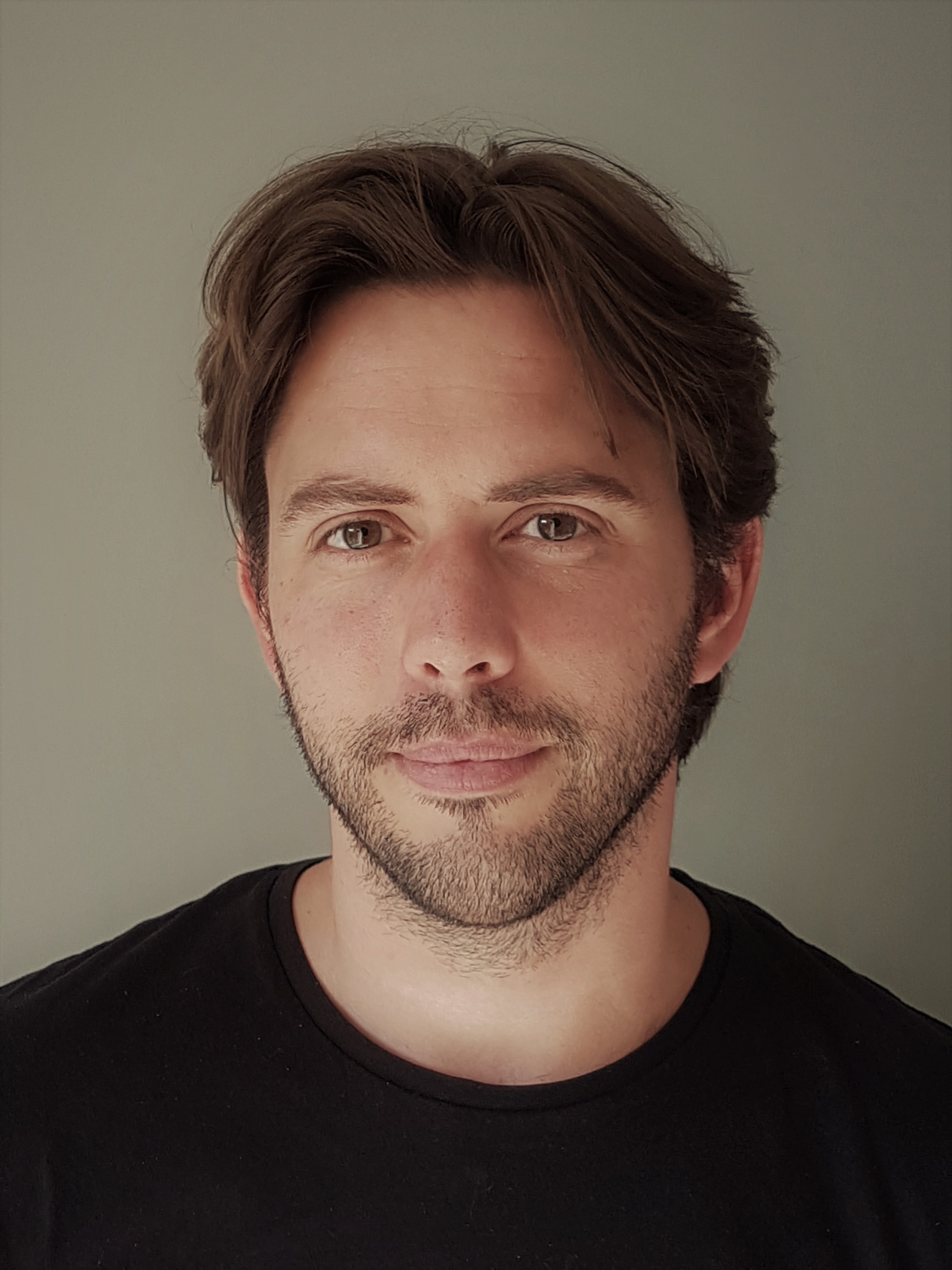
Surely there can be no upsides to scrolling each day through platforms that encourage us to compare ourselves unfavourably with others? There are in fact benefits, says Philippe Verduyn, associate professor at the Faculty of Psychology and Neuroscience. He has spent a decade studying the impact of social media on wellbeing. His main conclusion: social media are never “all good” or “all bad.” Here he shares four tips to help us protect our mental health when using social media.
-
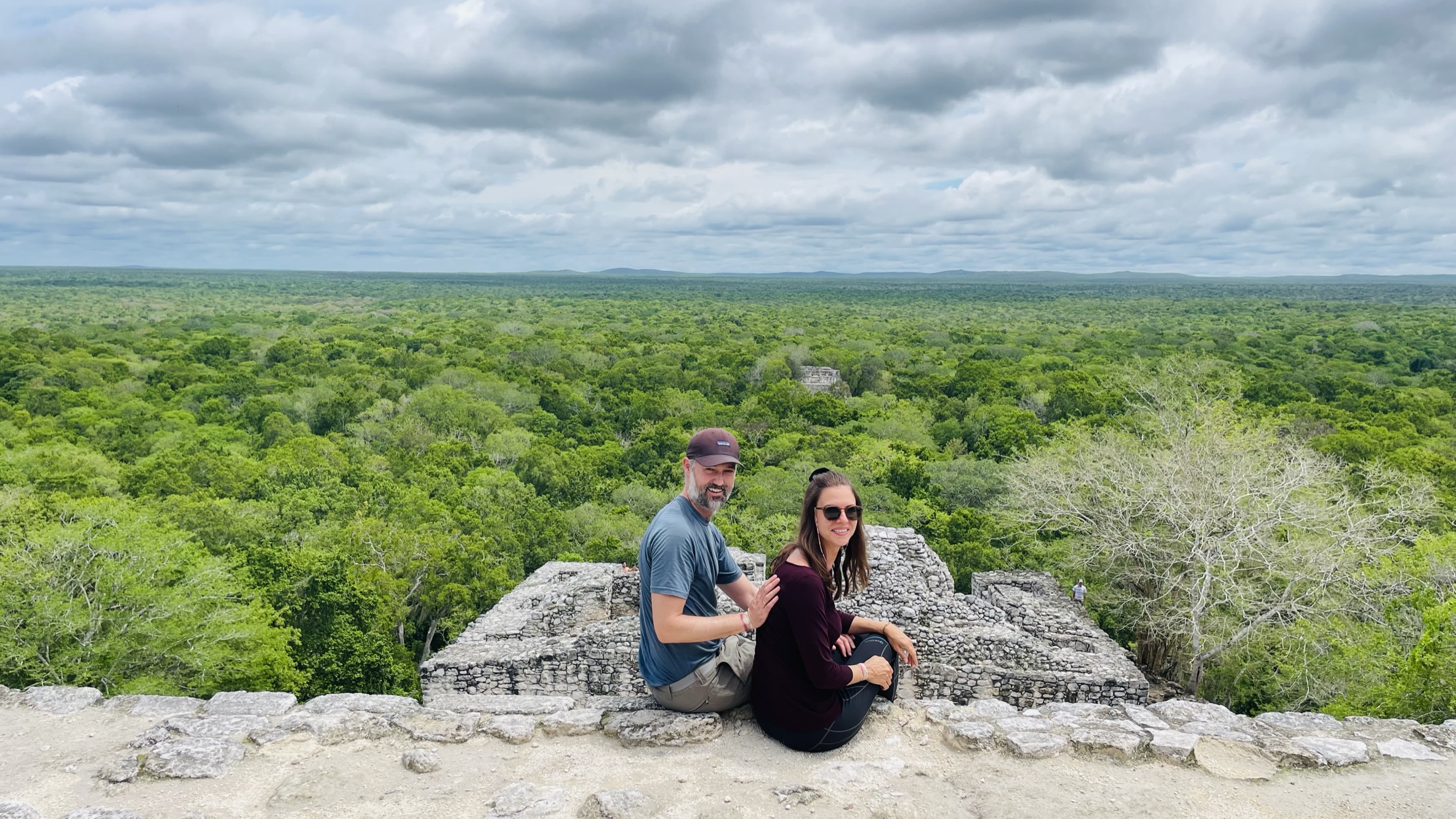
Carolin Muschalik and Lukas Figge-Muschalik met in 2014, when Lukas was doing a PhD and Carolin was finishing her master’s at Maastricht University. One year ago they left on a trip around the world, intending to explore, enjoy life and satisfy their curiosity, but also to contribute to a more sustainable world. Exactly where it would take them, they didn’t know. And they still haven’t returned. “We’re going with the flow, going with the slow. We’ll see where we end up.”
-
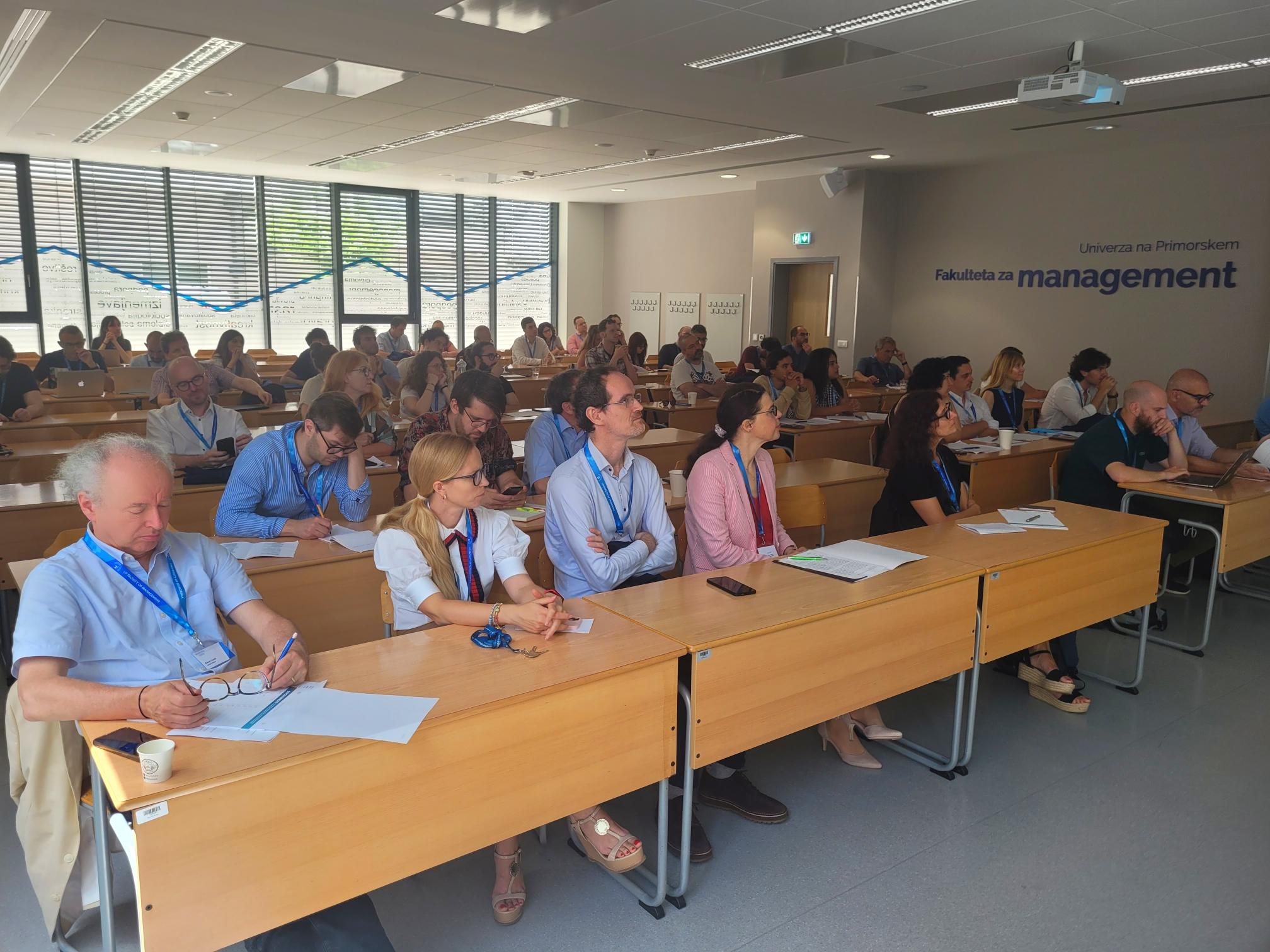
My work focuses on applying the computational methodology of Agent-Based Modeling to questions about the sustainability of trends in aggregate consumption. My first paper “Catching Up or Keeping Up?” addresses the interaction of peer effects and developments in aggregate demand when income inequality varies. This investigation functions as a sort of stepping-stone on the path towards answering further questions about greener consumption behavior.
-
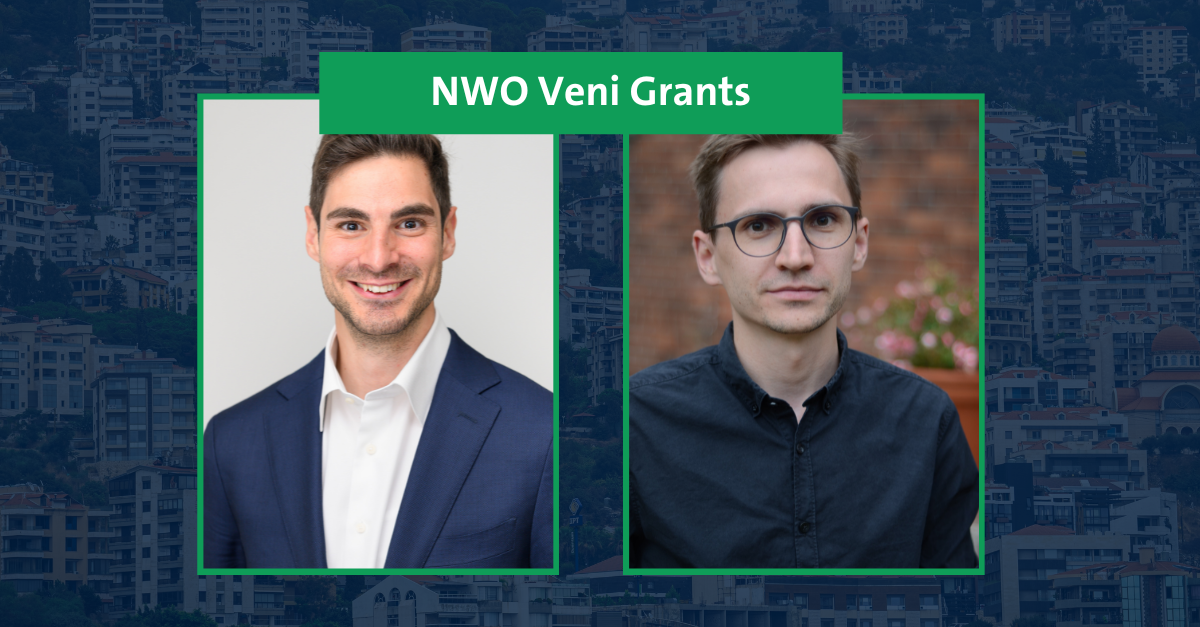
The Dutch Research Council (NWO) recently awarded their prestigious Veni funding to 188 promising researchers (out of 1462 applicants) in the Netherlands. SBE's Juan Palacios and Max Löffler were among the 188 laureates who each received up to €280,000 in funding which they will use to develop their ideas in the coming three years.
Juan and Max both happened to submit projects regarding the effects of housing policies and pricing on society. In this article, you will find a more detailed description of each project.